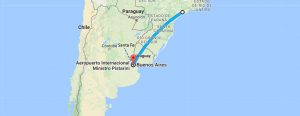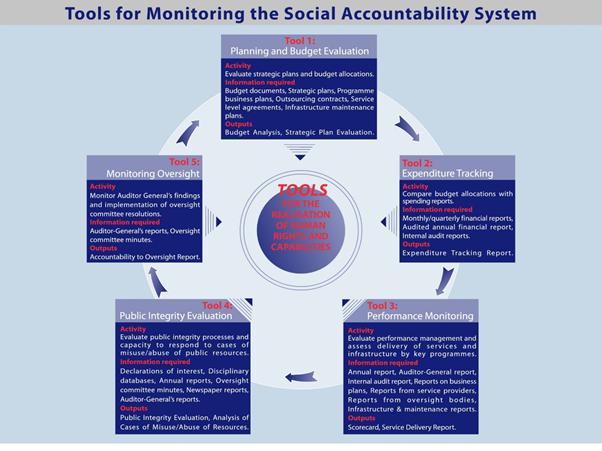My life as a consultant often involves too many plane routes and travel schedules. It is less glamorous than it sound. Pack and unpack, do the laundry in less than a few days. Adjust to different time zones with little time to recover. Still get the job done. During the trips, the waiting area in an airport or the little “desk/tray” in the plane – when the person in front does not recline their seat- are potential temporary offices where work competes with movies, sleep, and time to grab a meal. The beginning of this project was no exception. Check out how thinking on this project happened in real time.
20+ hours on the road (Johannesburg, South Africa / Sao Paulo, Brazil / Buenos Aires, Argentina)
As you may have read in a prior post, a window of opportunity for learning had opened up for the PSAM regional learning community in Bulawayo, Zimbabwe. When I said goodbye to colleagues at Bulawayo’s airport and O.R. Tambo, I had no certainty about whether that window would effectively remain open.
I took 3 flights and a six hour road trip to get “home” and all I could think was “the clock is ticking” to grab onto this opportunity. I had “lots of time” – although it never seems like enough – to think about what could make or break the agreement to embark on a regional learning pilot.
I kept going over all my notes from Bulawayo as I stepped in and out of planes. My head was spinning around how to best work with a community of social accountability practitioners that has identified a need to get better at learning and doing together?. A complex puzzle to put together, many pieces. How could we identify all the relevant partners’ urgencies and interests and put together a shared roadmap that made sense overall and for all?
 2 weeks to come up with a roadmap (Santa Fe, Argentina)
2 weeks to come up with a roadmap (Santa Fe, Argentina)
Clock ticking indeed. In two weeks, I had to come up with the broad parameters of a joint roadmap that would help the partners we met in Bulawayo (now working in their homes across Southern Africa) decide to join in. We needed to build on our conversations, but think beyond Bulawayo. Would this roadmap help people convince bosses and colleagues at “home” that a leap of faith and potential benefits of learning were worth the risk and costs of joining the pilot?
So… what were the make or break issues that the roadmap needed to consider and how to balance concerns?
2 weeks and a recurrent thought: Is there anybody out there? (Rosario, Argentina / Rio de Janeiro, Brazil)
Lots of work went into creating a living document, open to comments and modifications to make sure we were on the same page with all (or found good enough compromises for all). In the document we invited PSAM’s partners to send us expressions of interests were they willing to experiment with us.
A temporary sense of relief came to us when this tentative roadmap was off. The wheels were turning. We are starting to move forward. But of course, relief is short lived when the clock is ticking.
Then, we faced THE question. Will we receive any expressions of interests to actually implement the roadmap? How will our proposal be taken? Would it meet the expectations of the people in Bulawayo? You’ll have to come back to learn what happened next.
Florencia Guerzovich



